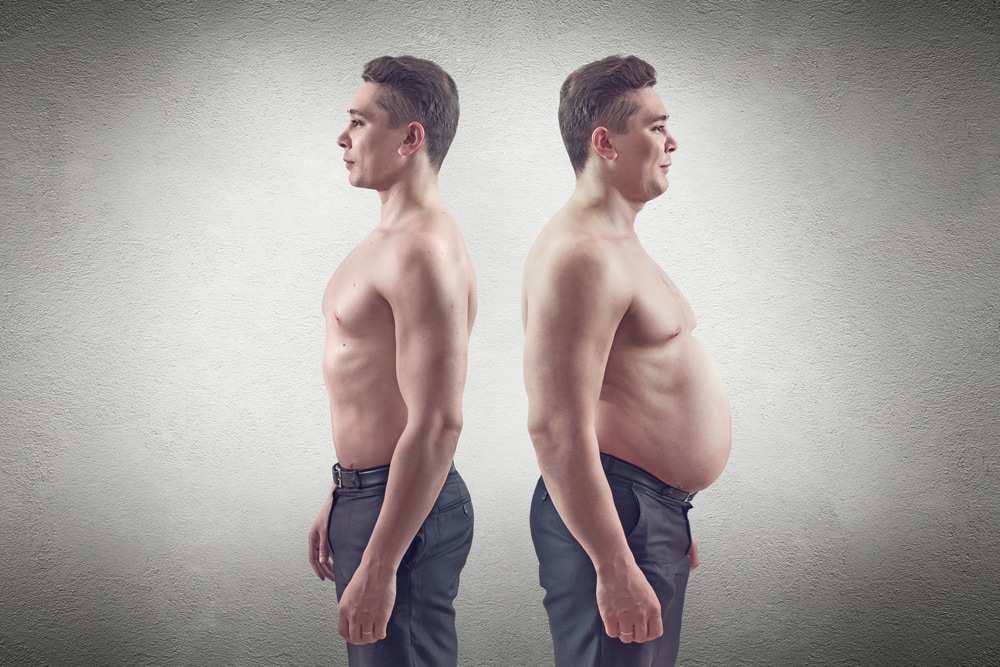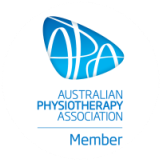A couple of years ago I went to the Australian Physiotherapy Association conference in Queensland. It is obviously important to keep up with the latest clinical and research information and this was a particularly interesting conference.
There is constant talk within the media of the growing prevalence of what could best be described as ‘fatness’ throughout the world. In Australia according to the ABS, 62.8% of adults are overweight and 27.5% of us are obese.
There is constant talk within the media of the growing prevalence of what could best be described as ‘fatness’ throughout the world. In Australia according to the ABS, 62.8% of adults are overweight and 27.5% of us are obese.
Physiotherapists see the consequences of this every day with overloaded joints causing pain and disability. This frequently results in reduced activity and a spiralling of the physical condition further worsening the situation for the sufferer.
At the conference we heard from Dr Stephen Blair, who is Professor of the Departments of Exercise Science and Epidemiology/Biostatistics at the Arnold School of Public Health at the University of South Carolina. He made the rather bold statement that ‘there was a higher percentage of deaths in our research population in the U.S. due to inactivity than from smoking, obesity, and diabetes (smokadiabesity) combined’. So to put it another way, you are better off, as far as dying is concerned, to have diabetes or to smoke or to be obese than to not do exercise. But it is not just death we need to consider because inactivity increases the risk of diabetes, heart disease and certain types of cancers. It probably increases the risk of certain dementias as well.
Physios know well the decline in joint health that comes from inactivity. On the other hand physios also know that appropriate exercise can reverse this process thereby reducing pain and improving function. For instance, there is good evidence that physiotherapy can assist in the treatment of osteoarthritis of the knee. In fact it is better at doing so than surgical procedures such as arthroscopy.
So the lesson is we should perhaps not be giving all this air-time to the concerns of obesity instead focussing more on encouraging people to exercise as well as making legislative and political decisions that encourage physical activity. The advice is for 150 minutes per week of moderate exercise although it has been shown that an hour per day (e.g. 4 x 15 minute walks) has further health gains. Beyond an hour the gains are less tangible. Happy walking.
At the conference we heard from Dr Stephen Blair, who is Professor of the Departments of Exercise Science and Epidemiology/Biostatistics at the Arnold School of Public Health at the University of South Carolina. He made the rather bold statement that ‘there was a higher percentage of deaths in our research population in the U.S. due to inactivity than from smoking, obesity, and diabetes (smokadiabesity) combined’. So to put it another way, you are better off, as far as dying is concerned, to have diabetes or to smoke or to be obese than to not do exercise. But it is not just death we need to consider because inactivity increases the risk of diabetes, heart disease and certain types of cancers. It probably increases the risk of certain dementias as well.
Physios know well the decline in joint health that comes from inactivity. On the other hand physios also know that appropriate exercise can reverse this process thereby reducing pain and improving function. For instance, there is good evidence that physiotherapy can assist in the treatment of osteoarthritis of the knee. In fact it is better at doing so than surgical procedures such as arthroscopy.
So the lesson is we should perhaps not be giving all this air-time to the concerns of obesity instead focussing more on encouraging people to exercise as well as making legislative and political decisions that encourage physical activity. The advice is for 150 minutes per week of moderate exercise although it has been shown that an hour per day (e.g. 4 x 15 minute walks) has further health gains. Beyond an hour the gains are less tangible. Happy walking.


